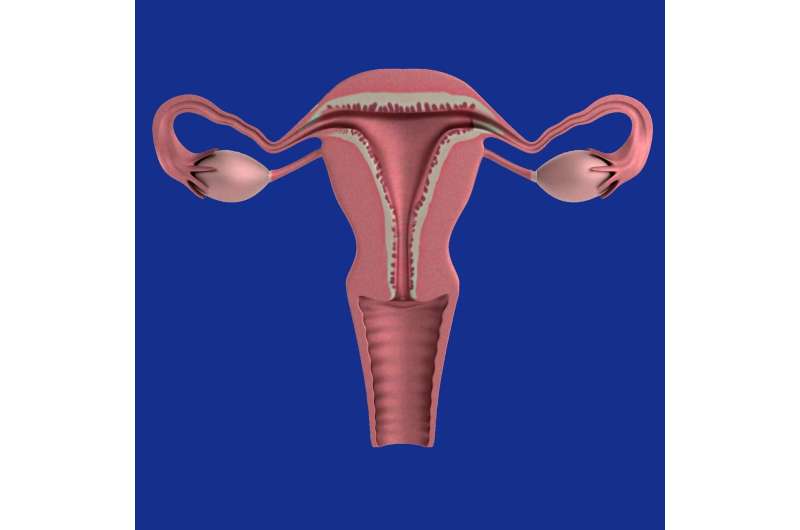Debunking Myths: Cortisol and Its Actual Impact on Your Waistline and Face

If you've recently scrolled through TikTok or other social media platforms, you might have encountered the idea that cortisol, your body's primary stress hormone, is the main culprit behind unwanted weight gain and facial puffiness. This viral narrative suggests that stress leads to a 'cortisol belly' and a 'cortisol face,' implying that managing cortisol levels is key to looking and feeling your best. However, the scientific evidence supporting these claims is limited and often misrepresented.
Cortisol is a natural hormone produced by your adrenal glands, situated just above your kidneys. It has been a vital part of human physiology for millennia, helping regulate your circadian rhythms, immune responses, and energy levels. When faced with a threat — whether a predator or a looming deadline — your body releases cortisol to prepare you to fight or flee. This is a survival mechanism, not an evil villain intent on ruining your appearance or health.
While acute stress-induced cortisol release is normal and beneficial, problems can arise when cortisol levels remain persistently high due to chronic stress. Elevated cortisol over long periods has been linked to various health issues, including increased abdominal fat, high blood pressure, and metabolic disturbances. Research shows that sustained high cortisol levels can lead to fat accumulation around the face and abdomen, a condition historically recognized in diseases like Cushing's syndrome, caused by an abnormal overproduction of cortisol.
However, it's crucial to differentiate between episodic stress responses and chronic hormonal imbalance. The everyday fluctuations in cortisol caused by typical life stressors are not capable of transforming your face or waist overnight. Factors like genetics, diet, sleep quality, and overall hormonal balance play more significant roles in determining fat distribution.
Concerns about cortisol’s effects should be balanced with the understanding that lifestyle choices matter most. Reducing stress, maintaining good sleep hygiene, exercising regularly, eating a balanced diet, and seeking professional help when needed are proven strategies to support overall health. There is no need to follow extreme detoxes or fad diets promoted on social media, which often lack scientific backing and can divert from effective, evidence-based health practices.
In conclusion, while cortisol is an important hormone with some potential downsides when levels are excessively high over time, it is not the sole villain behind your body shape or facial features. Social media trends oversimplify complex biological systems, often to generate engagement and clicks. The best approach is to adopt healthy habits, manage stress sensibly, and consult healthcare professionals if you experience persistent symptoms of hormonal imbalance.
Sources:
Stay Updated with Mia's Feed
Get the latest health & wellness insights delivered straight to your inbox.
Related Articles
Blood Stem Cell Mutations and Their Potential Role in Reducing Alzheimer's Disease Risk
Research reveals that mutations in blood stem cells, particularly in the TET2 gene, may significantly reduce the risk of late-onset Alzheimer's disease by enhancing brain immune responses.
Genetic Discoveries Link to the Most Common Pediatric Bone Cancer
New genetic research has identified mutations linked to osteosarcoma, the most common pediatric bone cancer, opening avenues for early detection and targeted therapies.
Australian Research Highlights the Critical Role of Trust in Pandemic Preparedness
A groundbreaking Australian study emphasizes that rebuilding trust is vital for effective pandemic management and future preparedness. Strengthening social cohesion and integrating social sciences can enhance resilience and ensure vulnerable communities are protected.



